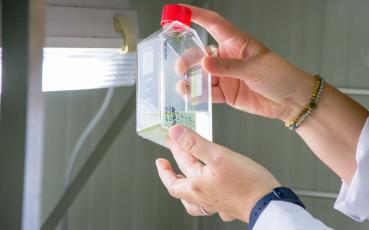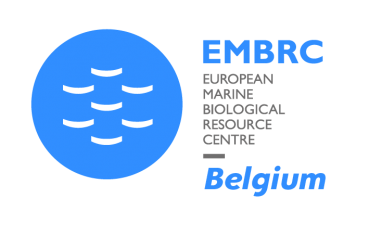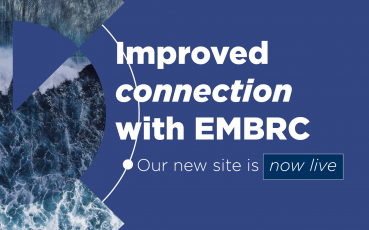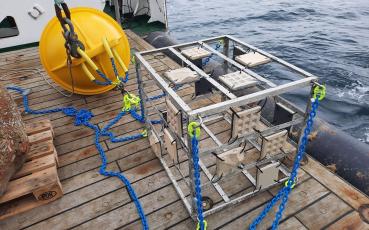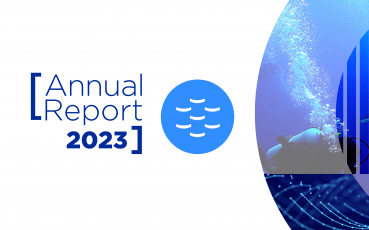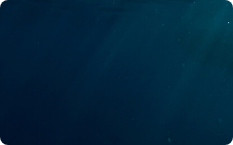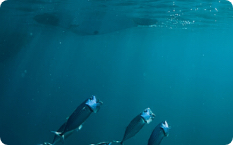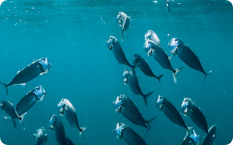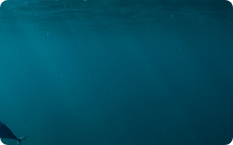In their recent paper, Helena Voet (RBINS), Ellen Vlaminck (UGent) and co-workers investigated how aquaculture activities within offshore wind farms in future climate conditions will affect the surrounding marine ecosystem. They designed a large-scale and long-term experiment, in which the fauna colonizing wind turbines and nearby sediments where incubated in large tanks where climate change scenarios (a combination of increased temperature and decreased pH) were mimicked. Bivalve aquaculture was simulated by adding large quantities of blue mussel individuals. The paper showed that increased mussel densities in aquaculture scenarios indeed affect the surrounding marine environment through increased competition for food resources, whereas the climate change treatments resulted in significantly different carbon assimilation rates for the top consumers (including the blue mussel) in comparison with the current situation.
This research was largely supported by different operators of EMBRC-Belgium. Through an intense and well-coordinated cooperation between Flanders Marine Institute, RBINS-MARECO and the Marine Biology Research Group of Ghent University, a full experimental pipeline was developed involving deployment, diver sampling and recovery of the Artificial Hard Susbtrate Garden (VLIZ, RBINS), incubation and water manipulation in large experimental tanks (VLIZ) and providing instruments for detailed individual measurements (UGent). As such, the combination of modular services by EMBRC-BE proved to be an added value for supporting challenging marine research.
Interested in the paper: it is open access and can be found here: https://doi.org/10.1016/j.scitotenv.2022.159285
Reference:
Voet, H., Vlaminck, E., Van Colen, C., Bodé, S., Boeckx, P., Degraer, S., Moens, T., Vanaverbeke, J. and Braeckman, U., 2022. Organic matter processing in a [simulated] offshore wind farm ecosystem in current and future climate and aquaculture scenarios. Science of The Total Environment, p.159285.
TITLE
- News
- Service catalogue
- Events
- How to access our services
- Organisation & governance
- Calls
- About research infrastructures
- EMO BON
- Flanders Marine Institute
- Ghent University
- Hasselt University
- Institute of Natural Sciences
- Joint Development Activities
- Newsletter
- Reports and brochures
- University of Leuven
- Costs & funding










